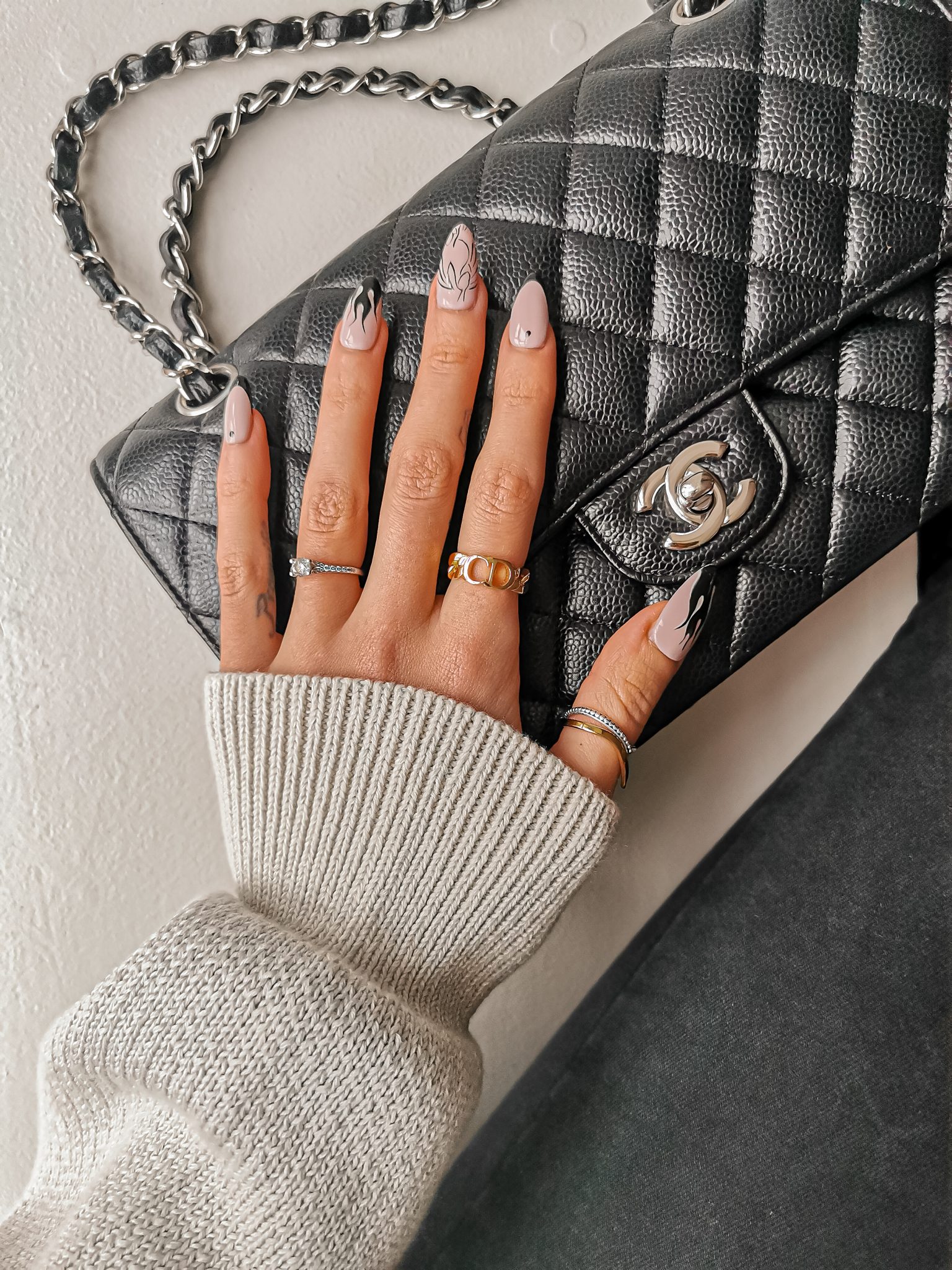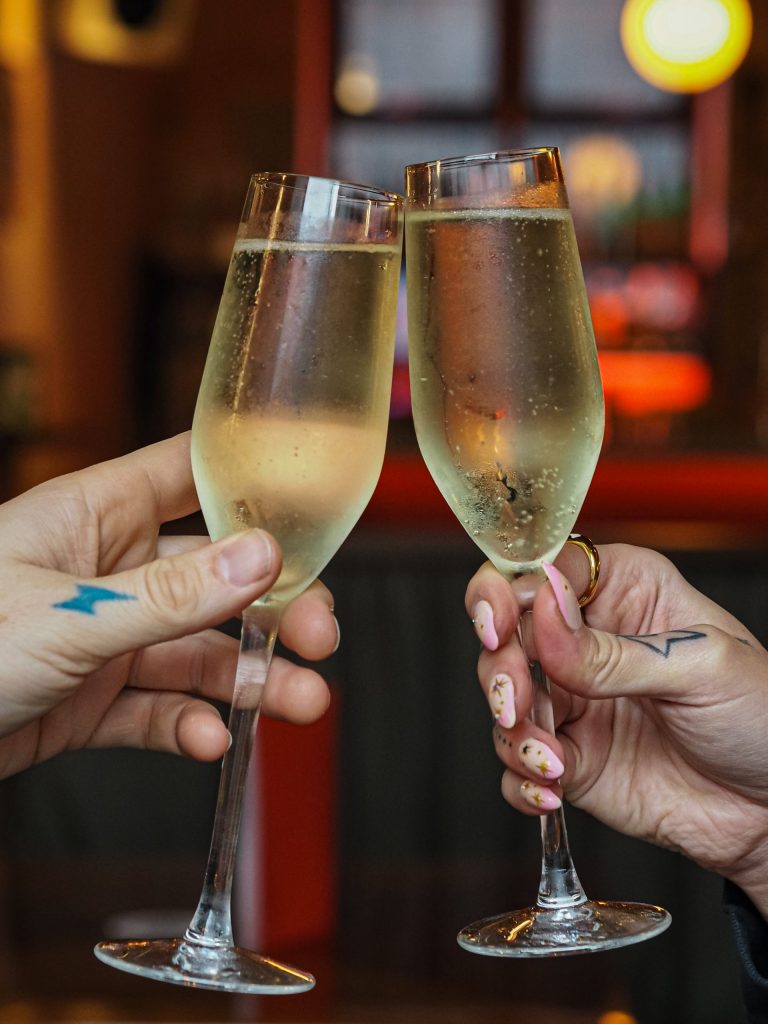
Unconventional Relationships
People who lead more of a high-end lifestyle, might be more prone to choosing more extravagant and unique experiences. Things like flying private to the Maldives or attending elite fashion events are some of the things I see all the luxury influencers doing! They tend to be luxury-driven high-achievers who might question the status quo in their careers and lifestyles. This same mentality can also extend to relationships, where novelty, adventure, and flexibility precede societal expectations like marriage or monogamy.
People are increasingly developing an affinity for unique, personalised experiences, which the latest technology has enabled. Burberry’s reputation for premium pricing and luxury is linked to pieces that have become synonymous with the brand. Its 2025 store concept introduces digital mirrors equipped with RFID technology, which recognizes pieces that customers bring into fitting rooms. The mirrors show the item’s appearance in different lighting conditions and instantly display styling suggestions and product information.
Financial Independence Reduces Traditional Limitations
Wealth and success can allow individuals to redefine relationships on their own terms, rather than conforming to financial security-based partnerships. Women and men with high disposable income feel less pressure to settle for traditional family structures. This might be because their wealth allows them to have more of a flexible lifestyle, and not needed to follow traditions or what once was considered ‘the norm’.
People who engage in non-traditional relationships, might look to invest in things like luxury dating for sugar couples, or alternative forms of online dating. The emphasis on self-actualisation might also lead them to reject traditional relationships in favour of other fluid commitments or even ethical non-monogamy.
Exposure to Global Perceptions and Mindsets
Luxury travellers frequently visit exclusive destinations and get to engage with diverse individuals and lots of new cultures. This exposure broadens their perspectives, making them more open to alternative relationships and ways of living. A relatively recent survey about polyamory revealed that almost 11% of respondents had engaged in the practice at least once in their lives, and around 17% shared that they wanted to try. 4-5% were in an ethically non-monogamous relationship at the time.
Hedonism, the Pursuit of Pleasure
Most people tend to enhance their everyday lives by adding elements of hedonism to break routine. This is a widespread aspect of consumption. It can be as small as treating oneself to a barista-brewed coffee on Monday morning or simply buying some fresh flowers for your space.
In terms of relationships, convention takes a backseat to exploration, passion, and excitement. In the pursuit of pleasure, some people may prioritise intense, short-lived romantic experiences over traditional long-term commitment. Be aware of this though, as some also tend to do this without full regard of other people’s feelings and emotions.

FAQ
What unconventional relationships are most popular?
As mentioned, one of them is polyamory, where both parties consent to sexual or romantic relationships with other partners. While open relationships are similar to polyamory, their structure differs. There is a central commitment between partners, although one or both can pursue sexual or romantic experiences outside the main relationship.
One of the most established forms of consensual non-monogamy is swinging, where couples engage in recreational sex with others. Around 2.35% of US adults identify as swingers. 25% of couples want to try it, and 15% of couples have experimented with it.
What kind of people embrace luxury experiences?
The desire for distinctiveness sets luxury travelers apart from ordinary travelers. Travel psychology relates to what scientists call “costly signaling theory,” which suggests people signal status and wealth through lavish consumption, like spending a lot of money on seemingly unnecessary things.
What is hedonic escapism?
The key to hedonic escapism lies in the contrast between specific social categories and associated lifestyles. There is a distinction between luxury mundane experiences (always staying at five-star hotels) and experiences that disrupt the mundane. People who have become accustomed to luxury won’t necessarily pursue unconventional relationships, especially if they have done so on numerous occasions.
This topic isn’t covered so often, so hopefully this post on more unconventional relationships gives you some food for thought!
LL x
*This is a contributed post. As ever, all opinions are my own.
Leave a Reply